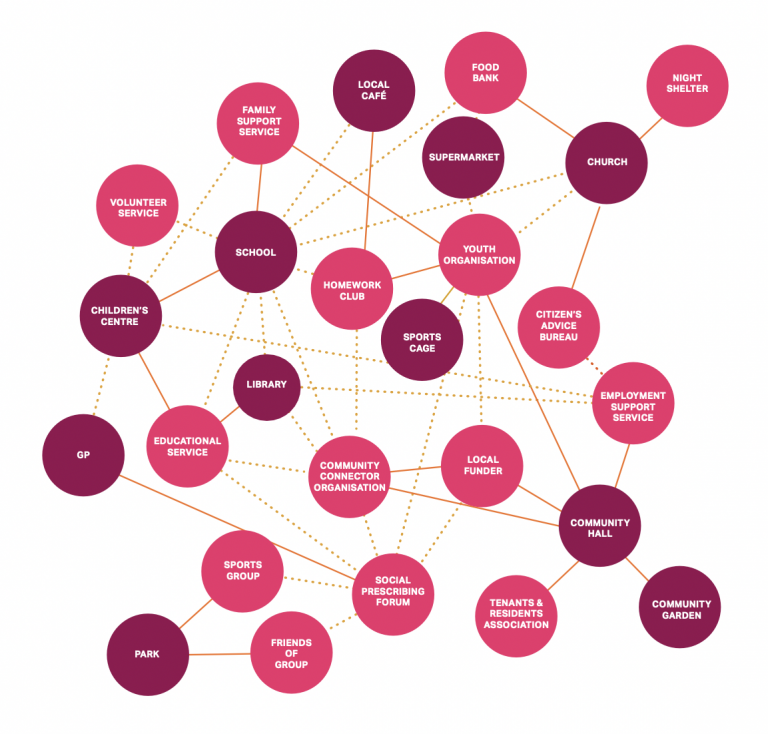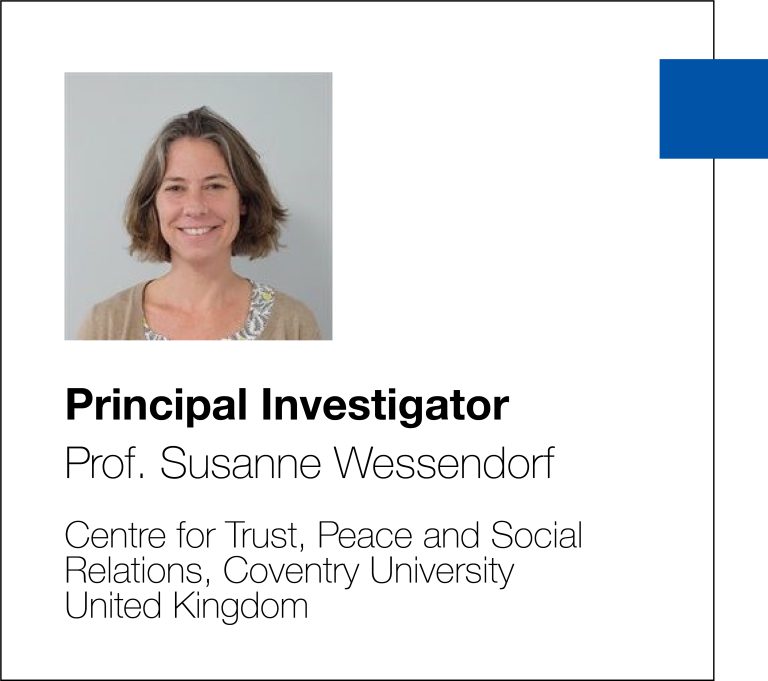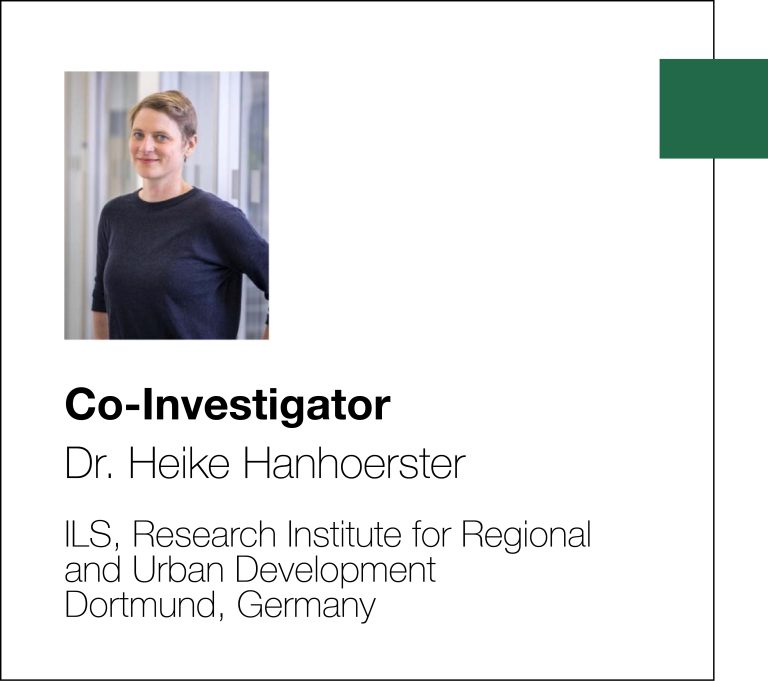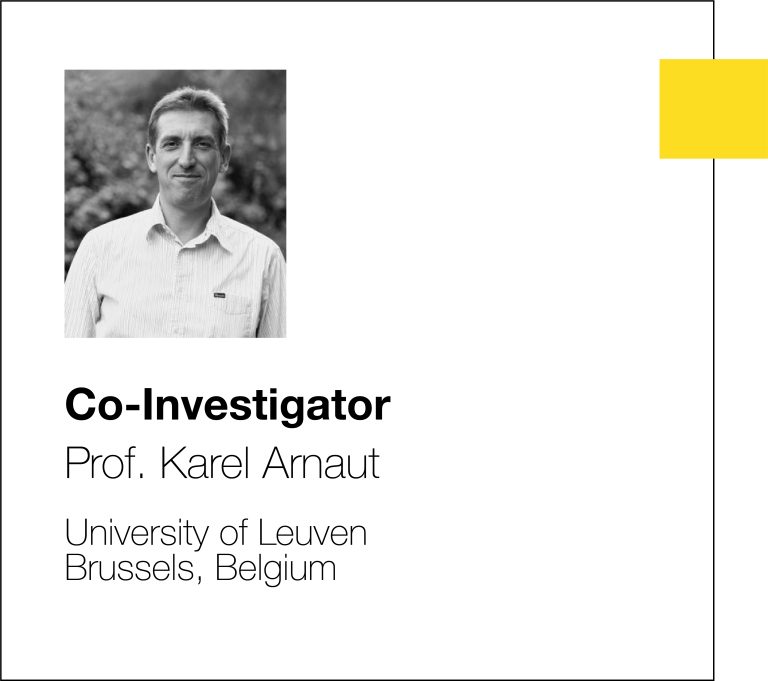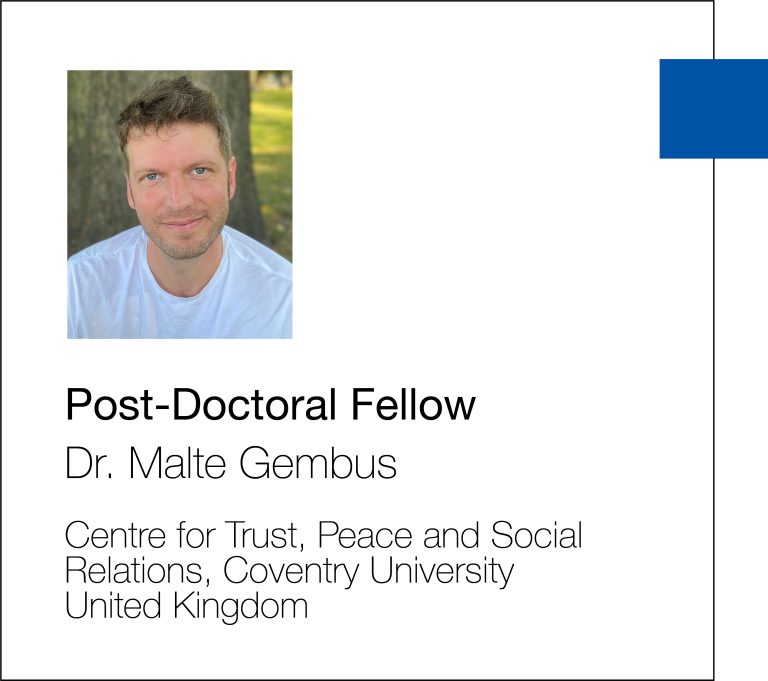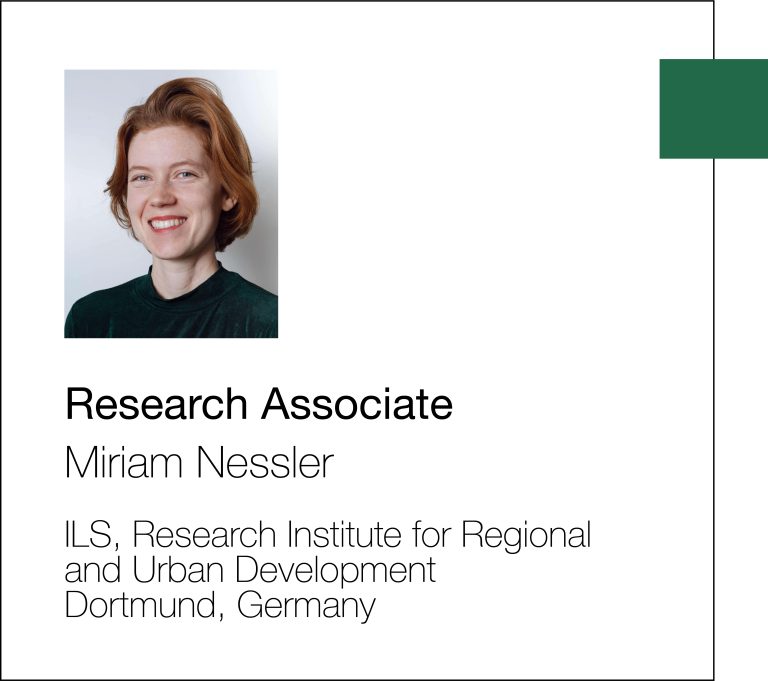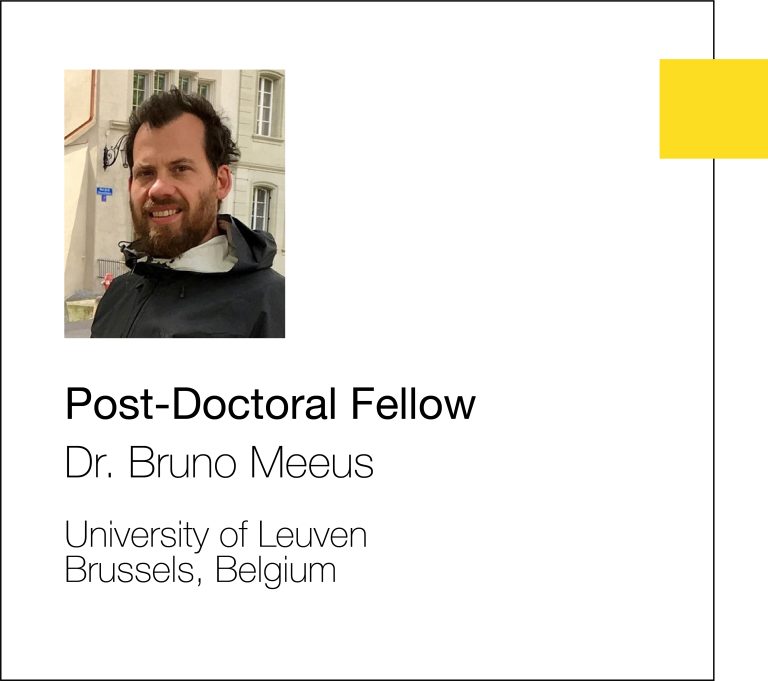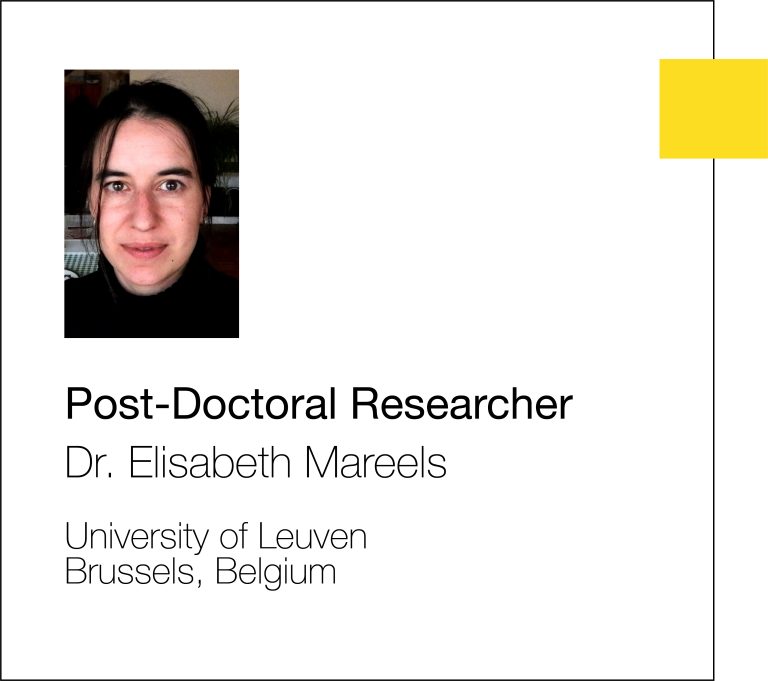Arrival Infrastructures and Migrant Newcomers in European Cities (AIMEC) investigates how newcomers in European cities find information about settlement, and how long-established residents, including those with a migration background, support newcomers. It examines so-called ‘arrival areas’ where migrants have been arriving over many decades and where ‘arrival infrastructures’ have emerged. These include civil society organisations supporting migrants, places of worship which welcome migrants, as well as small businesses such as barbers, grocery shops and money transfer agencies which are run by longer-established migrants. The project examines the role played by these arrival infrastructures in providing information about settlement to newcomers. It investigates these processes in East London, Brussels and Dortmund.
Established paradigms for examining immigration assume that migrants settle in areas populated by national majorities, or that they join their co-ethnics in so called ‘ethnic neighbourhoods’. However, today, migrants often move into places which have already been settled by previous migrants of various backgrounds. Such areas have also been described as ‘arrival areas’, situated in ‘arrival cities’. Although there is a wide-reaching policy and research agenda concerning migrant incorporation, little is known about the role of long-established migrants regarding newcomers’ settlement and how incoming migrants find support when they first arrive. This project asks what factors facilitate the settlement and social mobility of newcomers in arrival areas. It draws on the notion of arrival infrastructures, constituting concentrations of actors, institutions and organisations which facilitate arrival and putting the spotlight on the special role played by long-established migrants.
Through a comparison of arrival areas in Dortmund, Brussels, and London, the project aims to contribute crucial new knowledge about current processes of migrant settlement. While it is often assumed that assistance for settlement comes through formal channels, agencies and programmes, this project highlights the important role of informal support structures, often provided by long-established migrants who have ‘arrival expertise’. The project draws on qualitative methods and long-term ethnographic fieldwork in the three arrival areas. It examines arrival infrastructures in a range of places, including public spaces (squares, transport hubs, markets, parks, etc.), local businesses (small enterprises, launderettes, Internet cafés, hairdressers, nail salons, newsagents, mobile phone shops, money transfer agencies, cafes, restaurants, etc.), civil society organisations (community organisations, religious sites, NGOs, language classes, food banks, sports clubs, etc.) and state funded institutions (e.g. libraries, health services, language classes, etc.).
The project team will be working closely with civil society organisations and local councils in each site. The project is funded by the Economic and Social Research Council (ESRC).
The data collected and analysed by the AIMEC team is used for research purposes only (e.g., research briefs, research-based papers, blogs). All secondary data accessed by the research team is anonymised, which minimises risks of disclosure, and analysed in secure environments. Personal information is handled confidentially and the research team abides by fair processing rules and the University of Coventry good research practice guidelines.
Team


